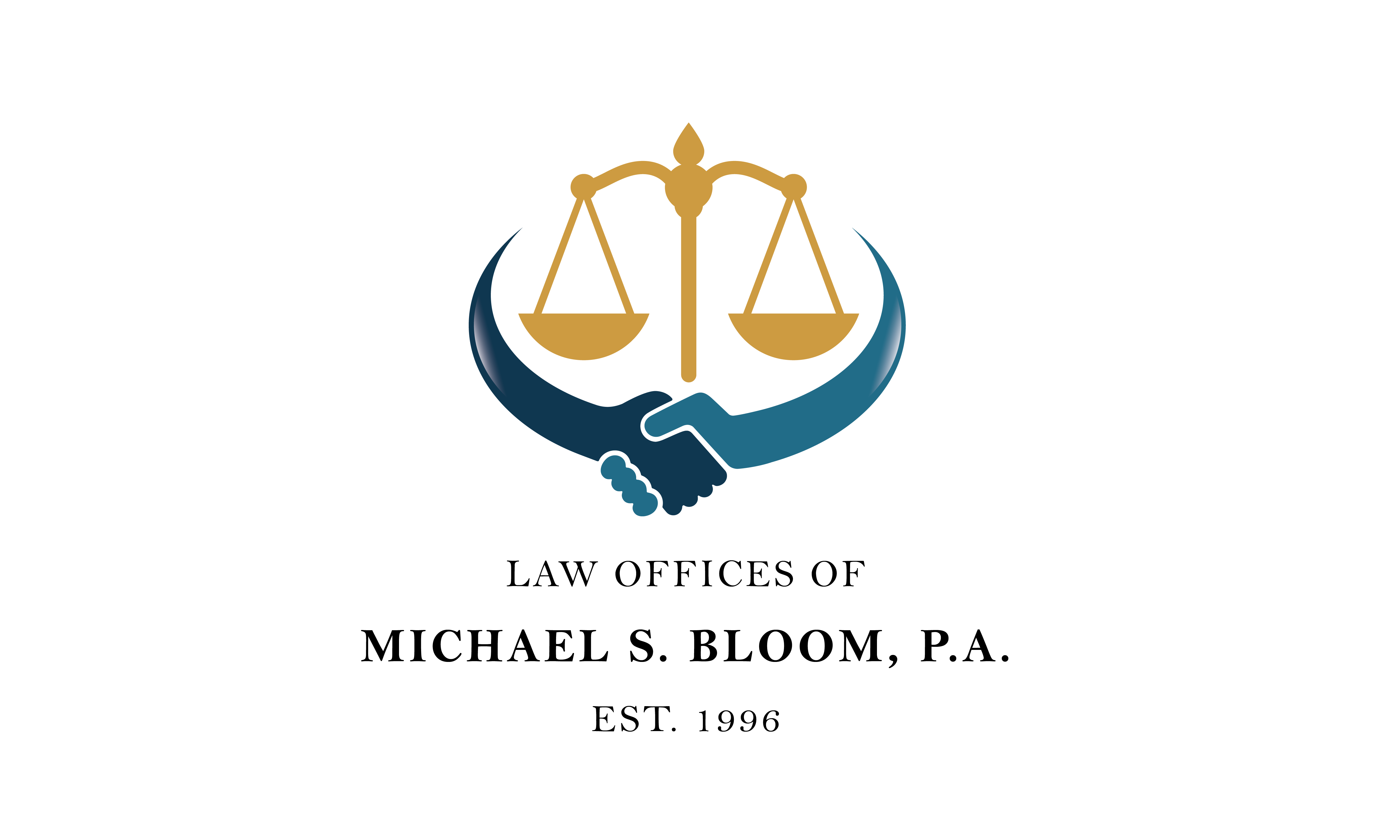Deprecated: The each() function is deprecated. This message will be suppressed on further calls in /home/michaelsbloompa/public_html/wp-content/plugins/js_composer/include/classes/core/class-vc-mapper.php on line 186
WHAT IS TITLE INSURANCE
For most people, buying a home will be the largest single purchase they make during their lifetime. When you purchase a car, you insure your purchase. When you purchase a home, you insure your home against fire or natural disaster. You insure its contents against theft. But how do you insure that you actually own that home? That’s where title insurance comes in. Unlike other types of insurance which protect you against events which may happen in the future, title insurance protects you against events which may have occurred in the past.
When you purchase your home and the keys are handed to you, a seller will also deliver a piece of paper generally captioned “Warranty Deed”, “Special Warranty Deed” or perhaps “Quit Claim Deed”. Each of these documents transfer the ownership of the property. But what happens if the seller the doesn’t really own the property? What happens if the seller has outstanding tax obligations or mortgages on the property? What happens if the seller doesn’t even know that they have these problems? What happens if their problems become yours!
.
Title insurance protects you against these situations and many more. By examining the public records to determine the property’s ownership status, the title insurance underwriter will determine whether the title to property you are purchasing can be insured. Although even the most skilled title examiner may not find all problems with title, your title insurance policy will protect you from these issues should a problem be discovered after your closing. If you take out a mortgage loan when you buy your property, your lender will most likely require their own policy of title insurance to protect their interest. That policy will only protect the lender, not you.
Your owner’s policy of title insurance is a one-time premium and will last as long as you own your home. The lender’s policy protects the lender’s interest in your property until your loan is paid off or refinanced
WHAT DOES TITLE INSURANCE COVER?
The nature and extent of possible title issues which may arise are plenty. In cases in which they do occur, they can remain hidden for months or even years after the sale of a property. A few examples of the types of matters which can arise and may be covered by a title insurance policy may include:
- Failure to execute documents correctly at the time of transfer or closing
- Mistakes in recording or indexing of legal documents
- Forged or fraudulent documents (either in the current or past transactions)
- Undisclosed or missing heirs
- Unpaid taxes and assessments
- Unpaid judgments and liens
- Outstanding or unsatisfied mortgages
- Mental incompetence of grantors on the deed
- Impersonation of the true owners of the land by fraudulent persons
- Refusal of a potential purchaser to accept title based on the condition of the title


